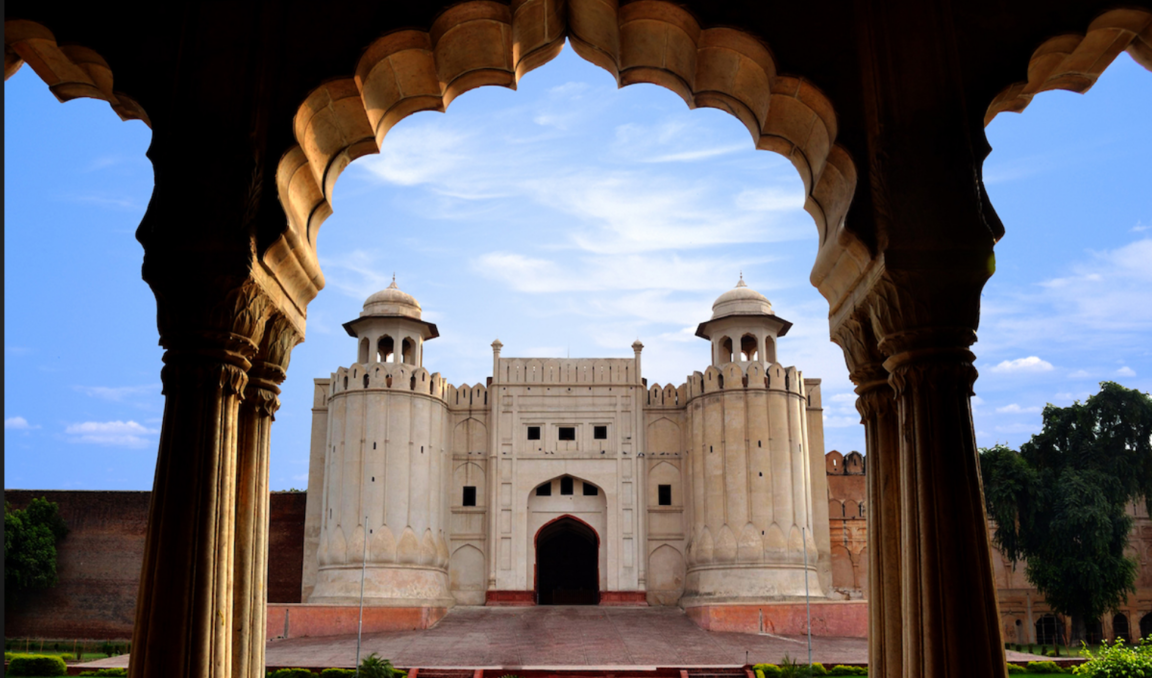So many of the regions in Pakistan have a rich cultural history that their citizens are unaware of. But there are always those select few who like digging deep into our country’s past to find out why things are the way they are. Punjab and Punjabi culture in particular are known for their deep connection to folklore and stories passed down through generations.
So it comes as no surprise even the cities in the province are named after famous personalities, families and tribes in an effort to keep those stories alive.
“Many cities are also named after different trees. With the passage of time, people have forgotten the real names of these cities and towns and now we know these cities and towns by their ‘twisted’ or new names,” says sociologist Naeem Murtaza.
Many cities and towns in Punjab are now recognized solely by their distorted names. Sardar Kalyan Singh Kalyan, a professor at government college Lahore says that the real names of these cities are different.
“Their names were actually different over various epochs, determined by the language spoken by the people during those times,” Sardar Kalyan Singh enunciated.
Names changed with the passage of time and we cannot predict what will become of these in the future, the professor added.
ALSO READ
This Man Visited All Landmarks Present on Pakistani Currency Notes [Pictures]
“Lahore’s original name was found to be ‘Loh Kot’ in Rajput documents which means the fort of Loh.”
It’s interesting to see how language and linguistics have developed in the region – to turn Loh Kot into Lahore.
“According to the Hindu religious book, Ramayana, this settlement was established by Lava or Loh, son of Ramchandra and named as Lavapuri (city of Lava in Sanskrit). With the passage of time, the name was linguistically distorted and commonly mispronounced as Lahore,” he detailed.
“Information obtained from various articles and historical books reveals that Kasur was historically named after Kasu, the second son of Ramchandra.”
The book Abhichitra Natak by Sikh Guru Gobind Singh asserts that Kasur was inhabited under the name of Kasha or Kasu after Ram’s son, the professor said.
Speaking to a local media outlet, he said, Rawalpindi was home to Rawal community and was founded by Chaudhry Jhande Khan Rawal in the 15th century.
“Toba Tek Singh, on which a well-known story was written, was named after a Sikh man named “Tek Singh” who severed water from a pond known as ‘Toba’ in Punjabi.
Faisalabad too was initially named Lyallpur by Sir Charles James Lyall, a governor of Punjab under British rule. And in another example of colonial impact, Sahiwal was renamed Mintgumri after a British governor until Ayub Khan renamed it Sahiwal again in 1966.
We may not realize it, but understanding the histories of our culture and our past stories is vital to paving the way for a more educated and informed future. Here’s hoping such information and its relevance is shared more widely.
Via Tribune








